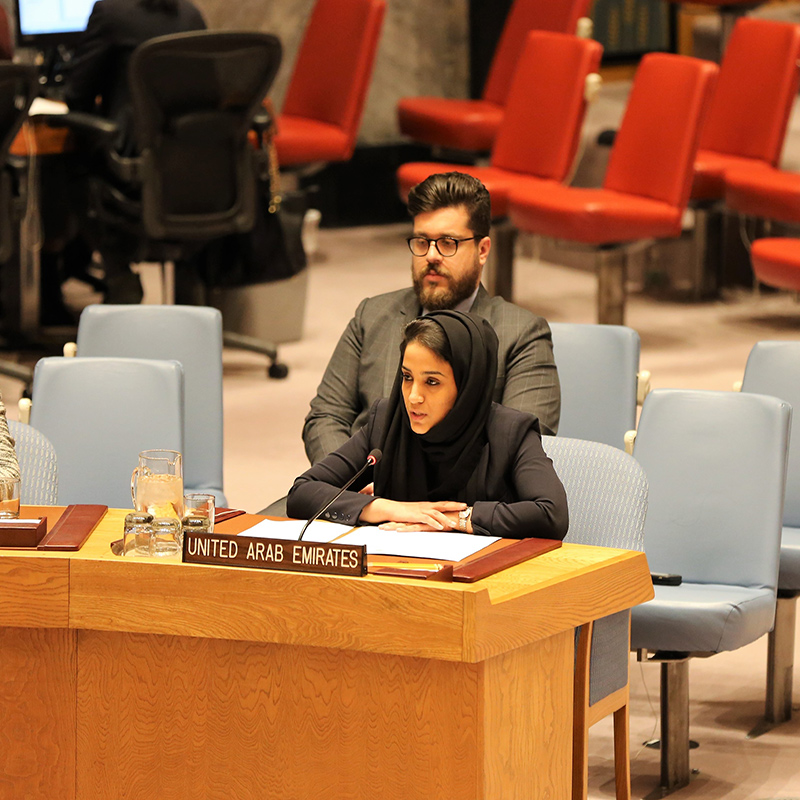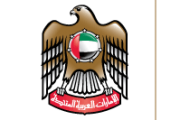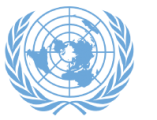NEW YORK - The UAE called on the international community to address the root causes of trafficking in persons in conflict situations at the UN Security Council's open debate on trafficking in persons in conflict. In her statement, Mrs. Amiera Obaid AlHafeiti, Second Secretary at the Permanent Mission of the UAE to the UN, stressed that a strategy of prevention including sustainable and inclusive development for all was essential to address the root causes of trafficking in persons.
Mrs. AlHefeiti noted that trafficking in persons has extended to all corners of the globe, leaving no country impervious to its impact, and hoped that the Security Council discussions on the subject will assist Member States in confronting the role of conflict and instability in intensifying the problem of human trafficking.
to its impact, and hoped that the Security Council discussions on the subject will assist Member States in confronting the role of conflict and instability in intensifying the problem of human trafficking.
She added that human trafficking is a source of concern to many countries, especially in the Middle East, where wars and displacement have torn apart communities and destroyed social protections, leaving many vulnerable to acts of terror committed by ISIL and other extremist and terrorist groups. As a result, innocent people are forcefully recruited into these groups as fighters and workers.
"In exploiting the vulnerable, women and girls are disproportionately affected. As a global champion of gender equality and women's empowerment, the UAE believes that this is cause of grave concern," expressed Mrs. AlHefeiti. She warned that as women are cornerstones of their families and communities, any crimes against women have major implications for all of society.
Regarding the UAE's efforts in addressing human trafficking at the domestic and global level, Mrs. AlHefeiti outlined the country's strategy, noting that since 2007 the UAE has strengthened legal frameworks, national policies and social infrastructure to help combat this issue.
Through its comprehensive strategy, the National Commission Against Human Trafficking monitors incidence and rates of prosecution to hold perpetrators of such crimes accountable. The National Commission works with the agencies to assist and support survivors of trafficking, trains law enforcement entities on anti-trafficking, and raises public awareness about human trafficking crimes across the nation.
Mrs. AlHefeiti stressed that in order to truly eradicate the problem, the UAE is not only working to combat trafficking within its borders, but also cooperating with countries where trafficking originates. UAE authorities work alongside governments to establish legitimate migration channels by promoting rule of law to protect citizens and offering economic opportunities. To this end, the UAE signed memorandums of understanding with five countries - most recently India - to address the conditions in countries of origin.
Eventually, Mrs. AlHefeiti called for two interventions to combat human trafficking at a global level in dealing with this crisis. First, to holistically compound responses by enhancing cooperation between public and private sectors. Secondly, as human trafficking is inherently linked to the current fluxes of global migration, ensuring that the upcoming Global Compact on Safe, Regular, and Orderly Migration includes stipulations that address human trafficking, agreeing to it and adopting it is of utmost importance".


